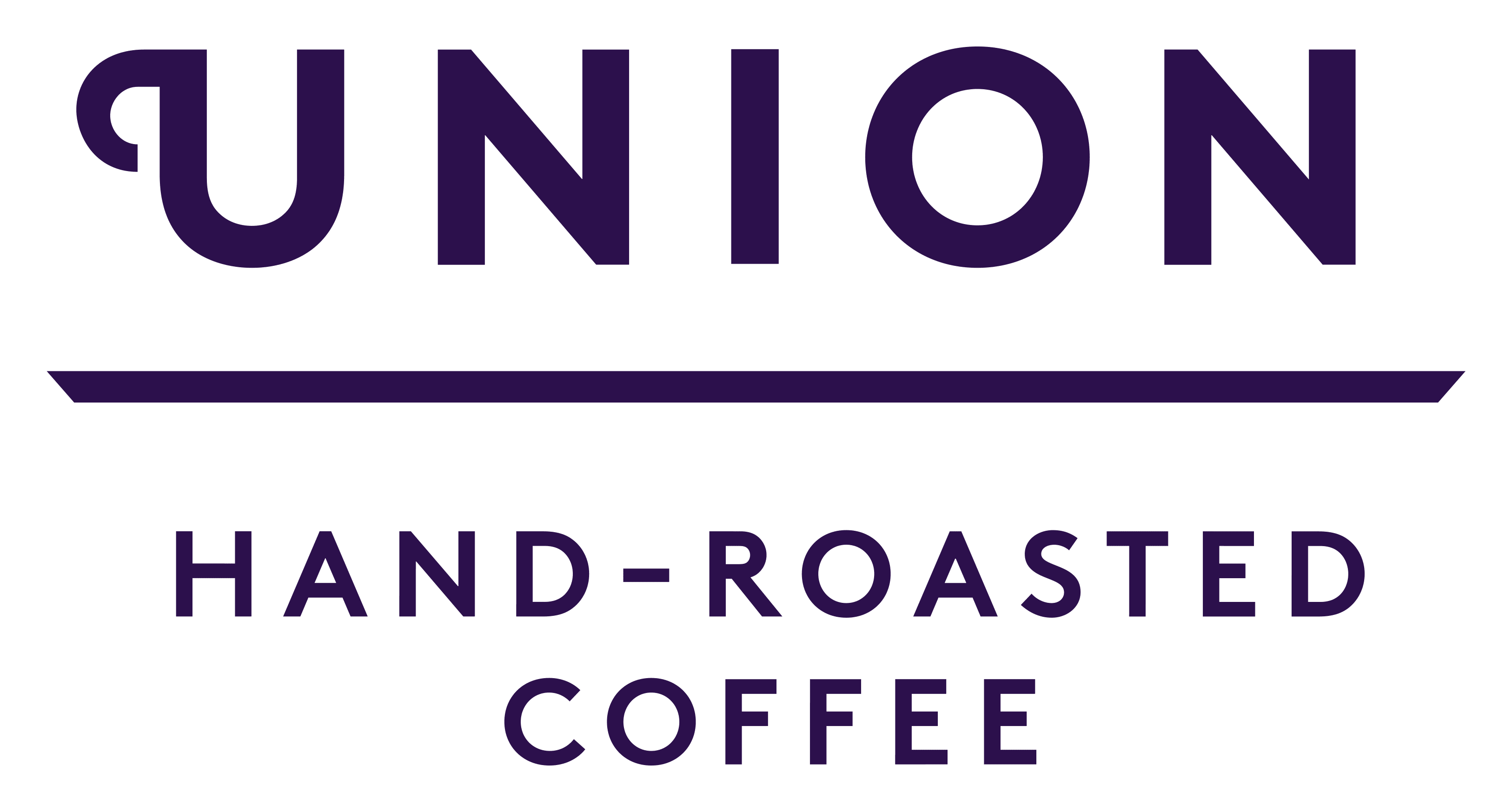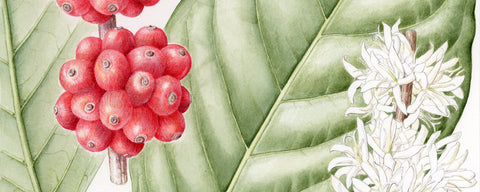Coffee farming can be a force for harm - driving deforestation and damaging ecosystems - or a force for good, protecting forests, conserving biodiversity and supporting healthy landscapes that naturally manage water, store carbon, aid pollination and recycle nutrients.
In south-west Ethiopia, at Yayu Biosphere Reserve, we’ve spent more than a decade proving it can be the latter.
This journey began in 2013, when we first visited Yayu with partners from Royal Botanic Gardens, Kew, the Environment Coffee Forest Forum and HiU Coffee.
Wild coffee trees grow in the buffer zone of the forest. Communities in this area are permitted to harvest the wild coffee, but if incomes are low, they remove the forest and use land for more profitable agriculture.
We saw the potential for improving coffee quality and increasing farmer earnings. By working side-by-side with smallholder farmer communities, we taught them how to prepare their exceptional coffee, grown within the forest. By improving coffee quality, farmer incomes increased and communities strengthened. We were protecting this precious UNESCO site, one of the last remaining homes of wild Arabica coffee.
From teaching selective harvesting and building raised drying beds, to funding clean water for Wutete village and supporting organic certification, the work has grown year on year.
Now in 2025 the results speak for themselves:
- 582 tonnes of green coffee purchased since 2013
- $4 million paid directly to Yayu cooperatives
- Organic certification achieved for the first time in 2022
- Publication of scientific paper1 (Schuit et al) confirming:
- A 30% rise in farmer incomes during our Darwin Initiative-supported project
- Deforestation reduced, thanks to community-led forest protection
- Installation of 1km of water pipework to provide fresh drinking water to 8000 villagers and 2000 school children. Solar water pump paid for by matched funding with Project Waterfall.
- 5 Great Taste Awards Won, ranging from 1-3 stars
And the story doesn’t stop here because we’re still committed to Yayu - continuing to source its unique Wild Forest Coffee and working with more farmers than ever before.
Why is it important to preserve the forest and forest coffee?
The prevention of deforestation is important to reduce the impact of climate change. Forests sequester (absorb and store) large amounts of carbon dioxide from the atmosphere through photosynthesis, locking it in their biomass (wood, leaves, roots) and soil.
Secondly, wild forest coffee provides a bank of genetic diversity. Ethiopia, is the birthplace of coffee, and Yayu area is a reservoir for coffee genetics. Most commercially grown coffee is genetically very similar, susceptible to the same pest and disease. Because of climate change farmers tell us they experience longer dry periods and inconsistent wet seasons, which makes Arabica very vulnerable. Wild forest coffee in Yayu may hold the answer, by offering arabica that could thrive under these conditions. It’s a big question, but if the forest coffee is destroyed, then we’d never find the answer.
Every cup you enjoy helps protect the forest, sustain farmer livelihoods, and safeguard the wild origins of Arabica for generations to come.
- This research was supported by the Darwin Initiative (UK; DFiD), ref. no: 2 2-006 A full study can be found in this open access journal – https://peerj.com/articles/10621/ https://unionroasted.com/blogs/latest/yayu-wild-forest-ethiopia-study ↵


